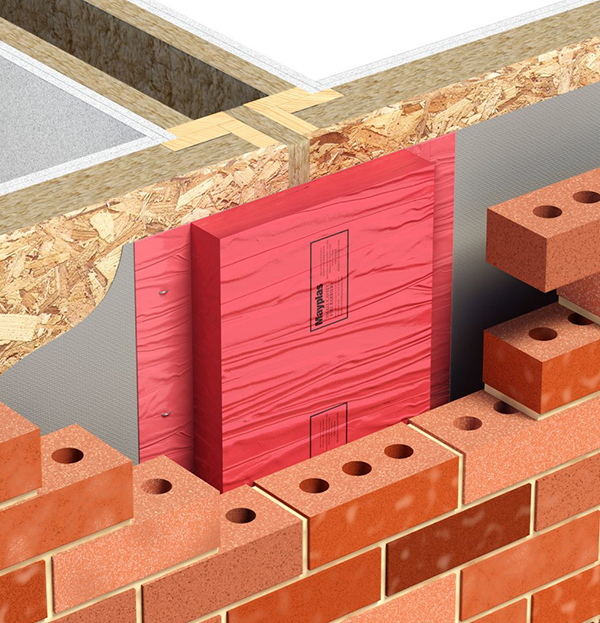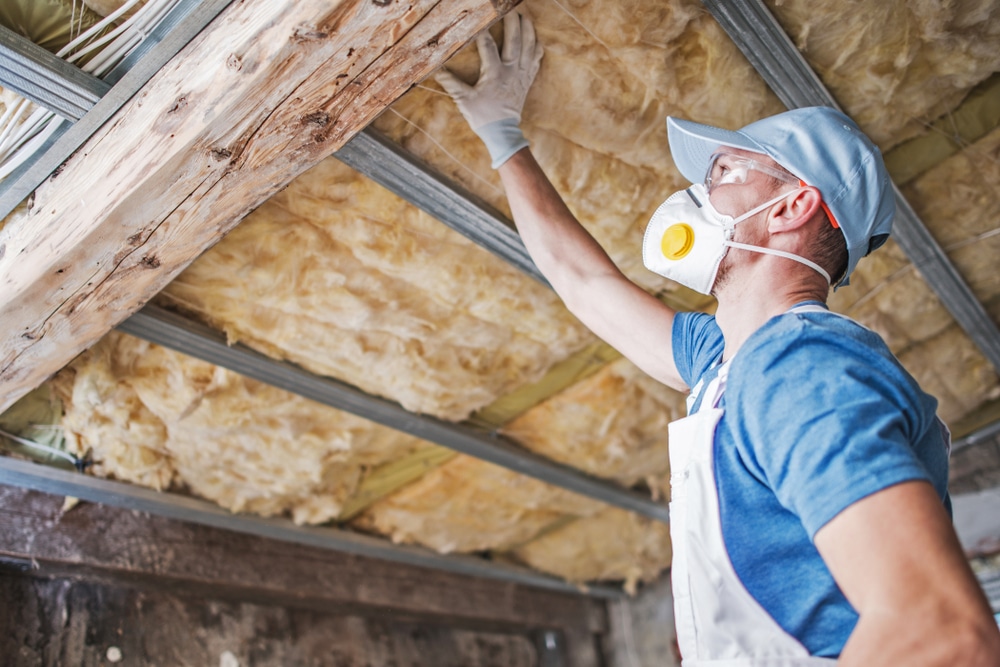When it comes to ensuring the safety of residential buildings, fire protection is a top priority. In this article, we will explore the benefits of installing firestop cavity barriers in residential buildings.
1. Fire Containment
One of the primary benefits of installing firestop cavity barriers is their ability to contain fires. These barriers are designed to seal off cavities and voids, preventing the spread of flames and smoke. Pop over to this site if you want to understand the benefits of installing firestop cavities in residential buildings.

Image Source: Google
2. Compliance with Building Regulations
In many countries, building regulations require the installation of fire-stop cavity barriers in certain types of buildings, including residential properties.
3. Enhanced Fire Safety Measures
Fire stop cavity barriers are an additional layer of protection that enhances the overall fire safety of residential buildings.
4. Cost-Effective Solution
Installing fire-stop cavity barriers is a cost-effective solution for fire protection in residential buildings. While the initial installation cost may vary depending on the size of the building and the complexity of the cavity system, the long-term benefits outweigh the investment.
5. Versatility and Easy Installation
Fire stop cavity barriers are designed to be versatile and easy to install. They can be fitted into various types of cavities, including walls, floors, and roofs, making them suitable for different areas of a residential building.
6. Protection of Property
In addition to protecting the occupants of a residential building, fire-stop cavity barriers also help to preserve the property itself. Fires can cause significant damage to the structure, making it unsafe for habitation and requiring extensive repairs.
Conclusion
Installing firestop cavity barriers in residential buildings is a critical measure for ensuring fire safety. These barriers provide fire containment, comply with building regulations, enhance overall fire safety measures, and offer a cost-effective solution for fire protection.

